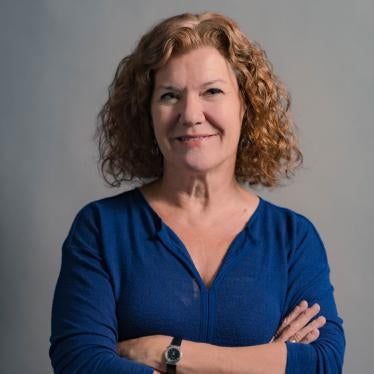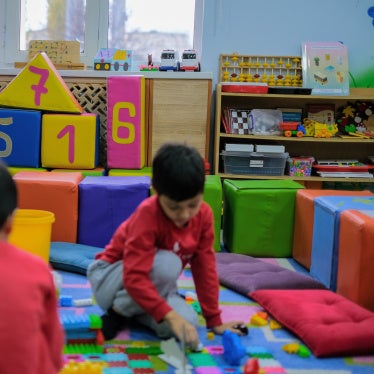As I sat in the UN Security Council chamber this morning, you could have heard a pin drop as a 20-year-old refugee from the Democratic Republic of Congo described escaping a “tent of fire” during an attack on her refugee camp when she was 10. The young woman, named Sandra Uwiringiyimana, survived, but her younger sister didn’t.
Forest Whitaker, the Oscar-winning actor and UN envoy for peace and reconciliation, told the council of seeing children carrying arms in South Sudan. For these children, he said, violence is more normal than peace. He appealed for assistance for former child soldiers in particular, saying that they are a generation of “soldiers in waiting,” uniquely vulnerable to re-recruitment. Helping them is “an opportunity to prevent future violence.”
The Security Council was debating children and armed conflict. Children around the globe are not only affected by fighting, they’re often forced to take part. But the UN has often stalled on holding those responsible for recruiting and using children as soldiers to account. Perhaps it shouldn’t have been surprising that the most eloquent statements at the debate did not come from diplomats.
The last year has been marked by enormous challenges in addressing this problem: The UN documented at least 4,000 new cases of child recruitment in 2013. Mass abductions seem to have become a more common feature of warfare. It is now almost 150 days since Boko Haram abducted nearly 300 schoolgirls from a school in Chibok, in northeastern Nigeria, with most still missing. The group now known as the Islamic State abducted over 150 boys, between age 13 and 15, in Syria, and large numbers of women and girls in Iraq.
Among the 15 Security Council members, one after another called for an end to impunity for those responsible for using children. While some governments and armed groups have stopped using child soldiers, many of the 56 parties to armed conflict the secretary-general has listed for committing violations against children have a long record of abuses. Thirty-one have been listed for at least five years. Eleven of these governments or armed groups have been listed in every single report since 2002. Ambassador Samantha Power of the US rightly said, “We have a repeat offender problem.”
Security Council members have many tools they can use against these persistent perpetrators, including targeted sanctions or the referral of certain situations to the International Criminal Court. Yet the council has only rarely taken such action, despite the parties exploiting children as soldiers and committing other violations year after year.
Sandra, the young woman from Congo, appealed to the council to bring those who commit grave violations against children in conflict to account: “Healing and peace will not come until there is justice. You have the reports, you know the criminals, but acknowledgement is not enough. You must take action.”









